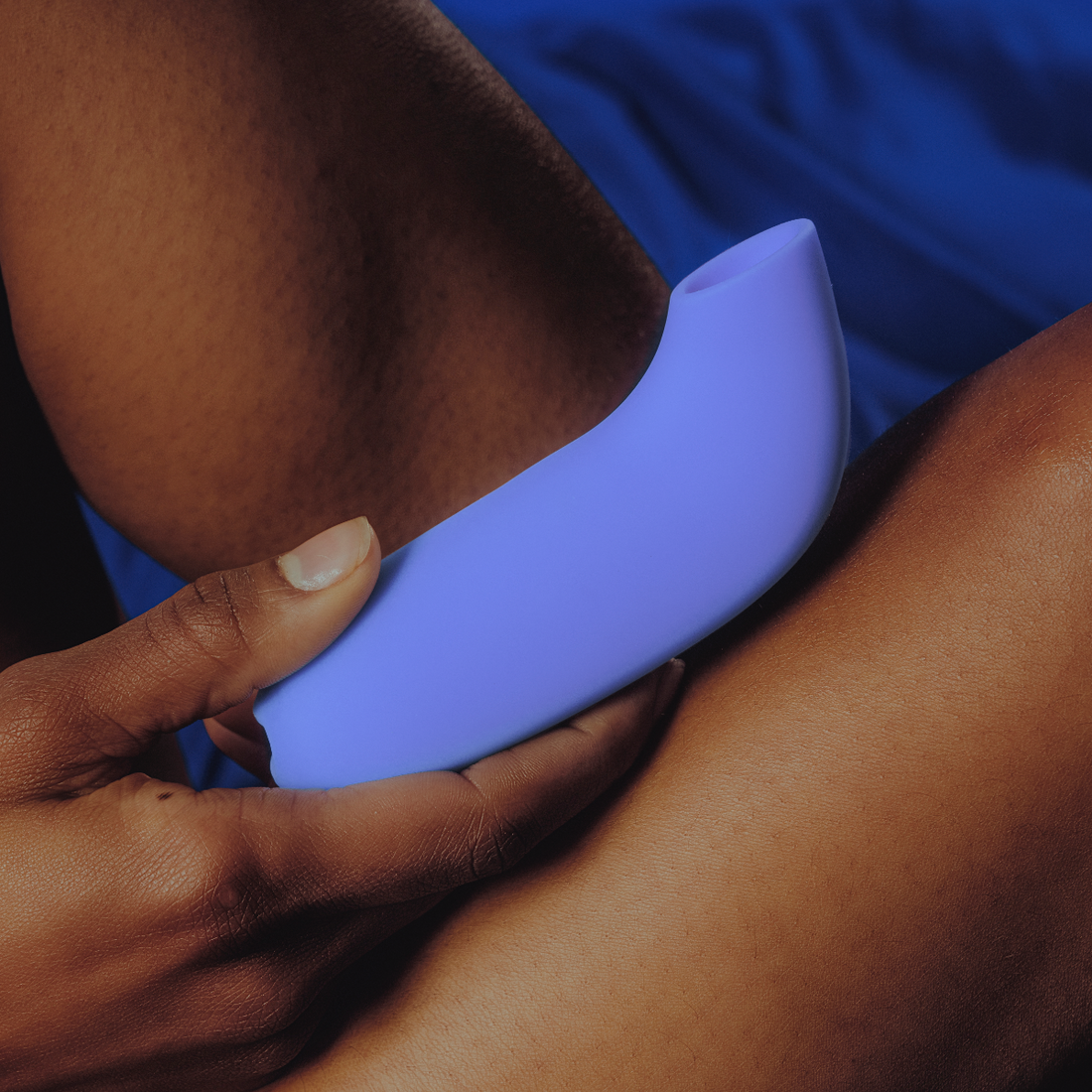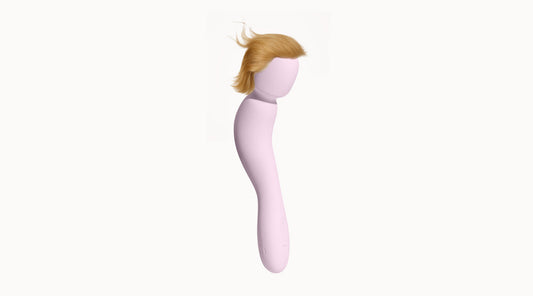What Is a Doula, Anyway?
At its most basic, a doula is a person who is trained to support people during pregnancy, childbirth and after. Birth doulas are support people, hand-holders, but also trained in techniques for navigating the challenges of pregnancy, birth, and early parenting. While the training, background, and experiences of doulas can vary widely, at its core being a doula is about offering undivided support to the pregnant person. A doula will help that person advocate for their needs, navigate the choices that come up during the pregnancy process, and assist with managing pain during labor through breathing, position changes, and much more. Unlike medical providers, who are often managing multiple patients at once, doulas provide continuous support throughout the birth process to just that one person. The word “doula” was adopted in the 1970s, when this role was created as an intervention to the challenges of hospital birth. The word doula itself comes from Ancient Greek, and its etymology has caused some to reject that word altogether--it’s translated as woman helper or female slave. Because of this, some birthworkers, especially people of color, have rejected the term in favor of labels like birth companion or birthworker instead.For some communities, having doula support can be the difference between avoiding health problems, and ending up with major complications or even death.
Why Would You Want a Doula?
Research has shown that having this kind of support during pregnancy and birth (even as basic as someone simply being with you during the process) improves outcomes and satisfaction for the parent and child. Having the support of a doula can lead to a much more positive experience, lower rates of interventions like epidurals and c-sections, and a smoother process overall. For some communities, having doula support isn’t just about having a more positive birth experience. It can be the difference between making it through pregnancy and birth without health problems, and ending up with major complications or even death. Along with doulas becoming a much more mainstream and accepted part of the childbirth process, we’ve also finally seen attention to the maternal health crisis facing women of color--in particular Black women. In comparison to white women, women in these groups are much more likely to face issues like going into labor too early, having a baby born underweight, and even infant and maternal mortality. Black women face the highest incidences of these problems, followed by Indigenous women and some groups of Latinas and Asian Pacific Islander women. The reason behind these disparities is, simply put, racism, and specifically the way racism becomes a consistent stressor that impacts health and wellbeing. So for these communities, having a doula can be a life-changing intervention, because that kind of compassionate and consistent support can offer a buffer to the stress of racism during a crucial time for parent and child.What Will a Doula Do?
This depends a lot on the doula, their approach, and what kind of support you need. Most doulas meet with the parent(s) a few times during pregnancy to get to know each other, offer suggestions for reading or learning, and help the parents plan for their birth. The bulk of the doula’s work comes when labor starts. They might meet you at home and be with you there while you are in early labor, helping you to navigate contractions. If you have a partner, the doula might offer suggestions for their support of you. If you’re birthing at home, they’d likely stay there with you until the baby is born.One of the biggest benefits to having a doula's support is simply that they are the only person involved who is just focused on your wellbeing.If you are delivering in a hospital, the doula would come with you, and be there with you until the baby is born. Depending on how long the labor is, the doula might need to take breaks, or they even might work as a team with other doulas who can step in to make sure the person supporting you is well-rested. Some doulas also offer postpartum support, which looks like spending time with you at home after the baby is born, helping with breastfeeding and all of the adjustments to life as the parent of a newborn. One of the biggest benefits to having a doula's support is simply that they are the only person involved who is just focused on your wellbeing. They don’t have to worry about the medical side of what is going on, or the wellbeing of the baby. They can just make sure you have what you need, and help integrate your support people appropriately.















































